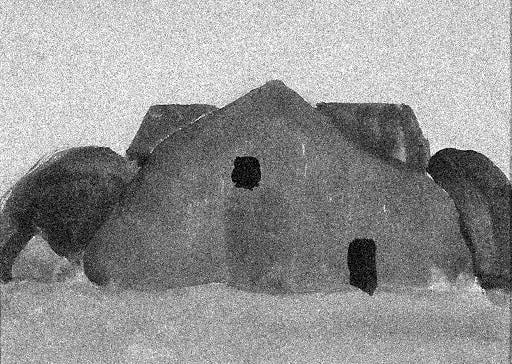Pinned to a Rock, Alone: The Coronavirus Reading List
Sam Kriss reads books, Part One. Literature is not therapy.
In 2020, Damage will feature periodic reviews from writer Sam Kriss. The first installment covers quarantine favorites.
The tales in this list are not Great Books to finally get around to, now you have so much time. Some of them are long, but others are short, very short. These are not achievements to tick off your list, so you’re still productive while …




